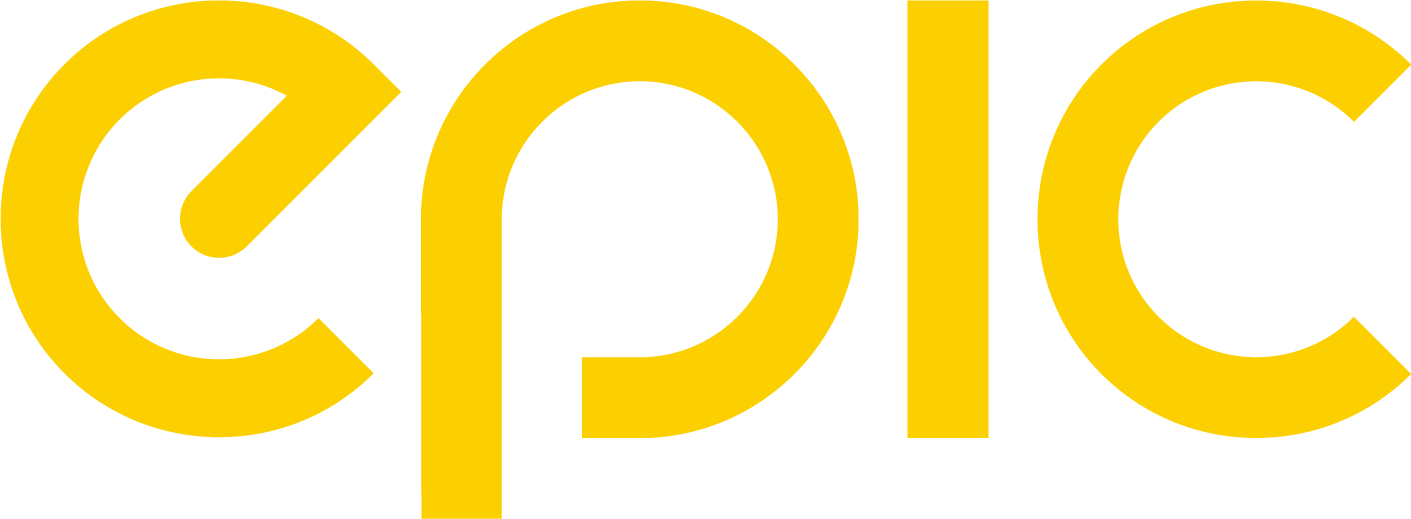When it comes to Google Ads, there’s no shortage of metrics you can track and measure. Last time I checked, there were 101 metrics you can view at the campaign level. The campaign level. Who knows how many other unique metrics there would be if I included metrics at the ad group, ad, ad extension, etc. level? Needless to say (but I guess I’m saying it anyway), there are a lot of different metrics you can track to try and get a clear picture of your marketing efforts. But which metrics should you focus on? What metrics should you base your optimization efforts on? That’s what I want to address in this blog, but before we can answer that question there are a few things we need to consider.
What stage of the business life cycle are you in? Is your business just starting out? Are you an industry leader? What matters to a startup might not matter to a mature business. Let’s take a look at some metrics that matter more at different stages.
Start Up Stage
At this stage, you probably don’t have a lot of brand awareness. You may have a great product or service, but PPC isn’t going to help you very much if no one has ever heard of you. Because of that, many younger businesses focus on awareness metrics. These can include impressions, views, watch time, etc. At this point in time, you should be more focused on getting your brand out there. If you have a great product or service and a smart marketing plan, conversions will come.
Growth Stage
Your business is no longer an unknown and people don’t view doing business with you as risky. So what should you focus on? By now you should be trying to hone in on your messaging. At this stage, you should move on from awareness metrics and instead focus on relevance metrics. Metrics such as clickthrough rate, conversion rate, quality score, etc., help you know if your message and offer are resonating with your potential customers. You may still be limited by budget so it’s important to focus on the campaigns, ad groups, and ads that deliver the most relevant results.
Maturity Stage
By now, you’ve nailed down your ad copy and are well-established in the industry. You no longer need to focus on awareness or relevance, but can finally spend all of your efforts on driving more ROI. Conversion metrics such as cost per conversion or return on ad spend are incredibly powerful because you can use them to evaluate the effectiveness of your ads. Although you’re probably still limited by budget (unless you have deep pockets or are in a very niche industry), you can now focus on whatever combinations or settings, ad copy, and ad formats that deliver the most value. This is the stage that all business should hope to get to. Your Google Ads account is now a well-oiled machine and should continue to deliver great results month over month.
To recap, before you can decide what metric to you need to focus on you need to identify what stage your business is in. You may need to focus on awareness metrics, relevant metrics, or conversion metrics. There is no one right answer because every business is different, but whatever stage your business is in, Epic Marketing can help you grow and get to the next level. Contact us today to learn how we can help you!


